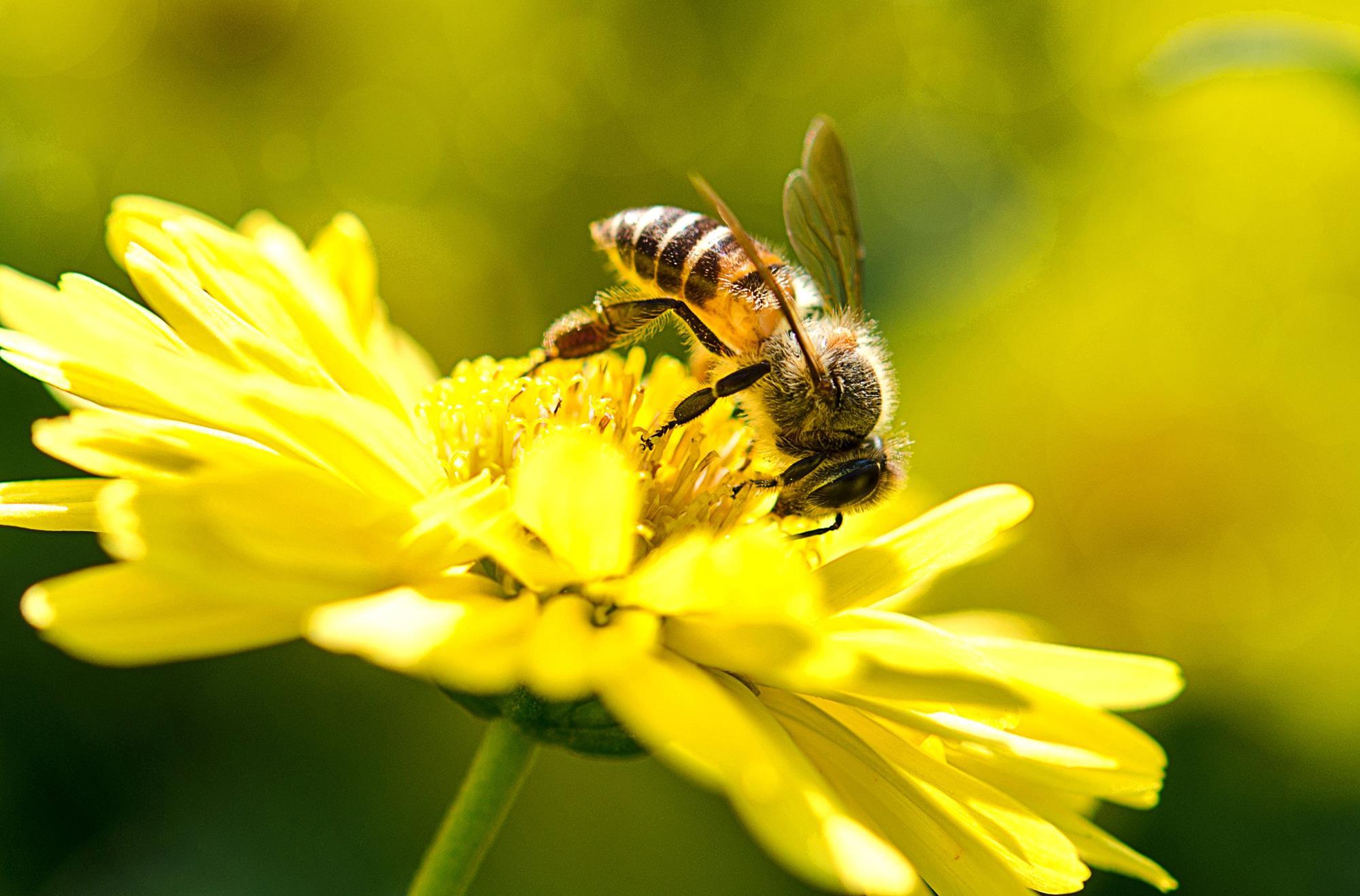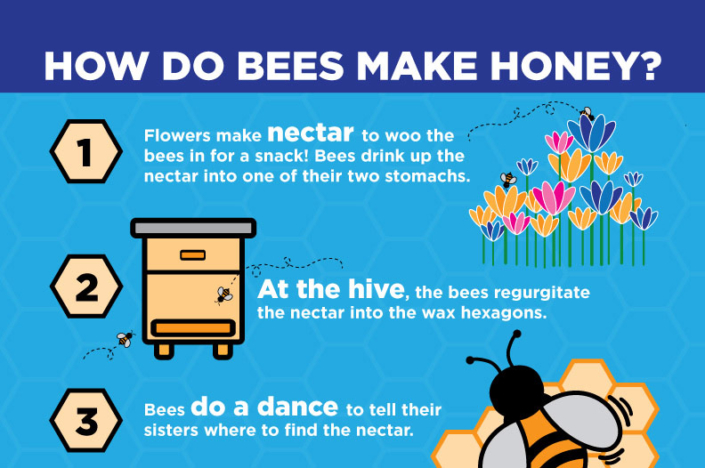How Does Bee Make Honey
How Does Bee Make Honey - Have you ever wondered how do bees make honey? It's quite fascinating. Bees are crucial to our ecosystem, as they not only pollinate plants but also manufacture honey. Honey is not only delicious but also has numerous health benefits. In this article, we will explore how bees make honey, why they make it, and its benefits. So, let's begin.
Why Do Bees Make Honey?
Bees make honey for their survival. Honey is their food source, which provides them with the necessary energy to thrive. It is also their winter food storage, as they cannot gather nectar and pollen during the winter season. Therefore, they store honey in their hives to sustain themselves during the cold months.
How Do Bees Make Honey?
Bees start making honey by gathering nectar from flowers. They fly from one flower to another, collecting nectar with their tongues. The nectar is then stored in their honey stomachs, where enzymes break it down. The broken-down nectar is then regurgitated, and the bees pass it from one mouth to another. The process repeats, till the nectar is partially digested.
The partially digested nectar is then deposited into the honeycomb, where the bees flap their wings to evaporate the water content. The evaporation process thickens the nectar, and it gradually transforms into honey. The bees then seal the honeycomb with wax, which prevents the honey from spoiling.
The Science of How Bees Make Honey
The process of honey-making is quite remarkable. Bees rely on a series of chemical interactions to create honey. According to a recent study, bees have bacteria living in their guts, which plays an essential role in the honey-making process. These bacteria break down nectar into sugars, which the bees regurgitate and deposit into the honeycomb.
Fipronil responsible for historic honeybee die-off
Bees are facing numerous threats, including habitat loss, climate change, and pesticide usage. The use of pesticides like Fipronil has been linked to the massive die-offs of honeybees globally. Fipronil is a potent pesticide used to control insect pests. However, it has severe effects on bees, causing disorientation, paralysis, and death. Therefore, it is crucial to limit the use of pesticides that harm bees and promote environmentally friendly farming practices.

The Benefits of Honey
Honey not only tastes delicious but also has numerous health benefits. It is rich in antioxidants, which protect the body from damage caused by free radicals. Additionally, honey is an excellent treatment for sore throats and coughs. It is also a natural energy booster, which enhances athletic performance.
Ideas on Using Honey
Honey is a versatile ingredient, which can be used in various recipes. Some of the ideas include:
- Adding honey to tea instead of sugar
- Using honey as a sweetener in baking
- Drizzling honey over yoghurt, fruit, and nuts
- Using honey as a marinade for meats and fish
- Making salad dressings with honey
Infographic on How Bees Make Honey
How to Help Bees
Bees play a vital role in our ecosystem. Therefore, it is our responsibility to protect them. Here are some ways to help bees:
- Plant bee-friendly flowers and avoid using pesticides
- Provide nesting sites for bees
- Buy honey from local beekeepers
- Spread awareness about the importance of bees
In conclusion, bees are essential to our ecosystem, and honey is a remarkable product of nature. By learning about how they make honey, we can appreciate the hard work that goes into its production. Furthermore, it is essential to protect bees from the various threats they face and promote environmentally friendly practices.
View more articles about How Does Bee Make Honey

Post a Comment for "How Does Bee Make Honey"